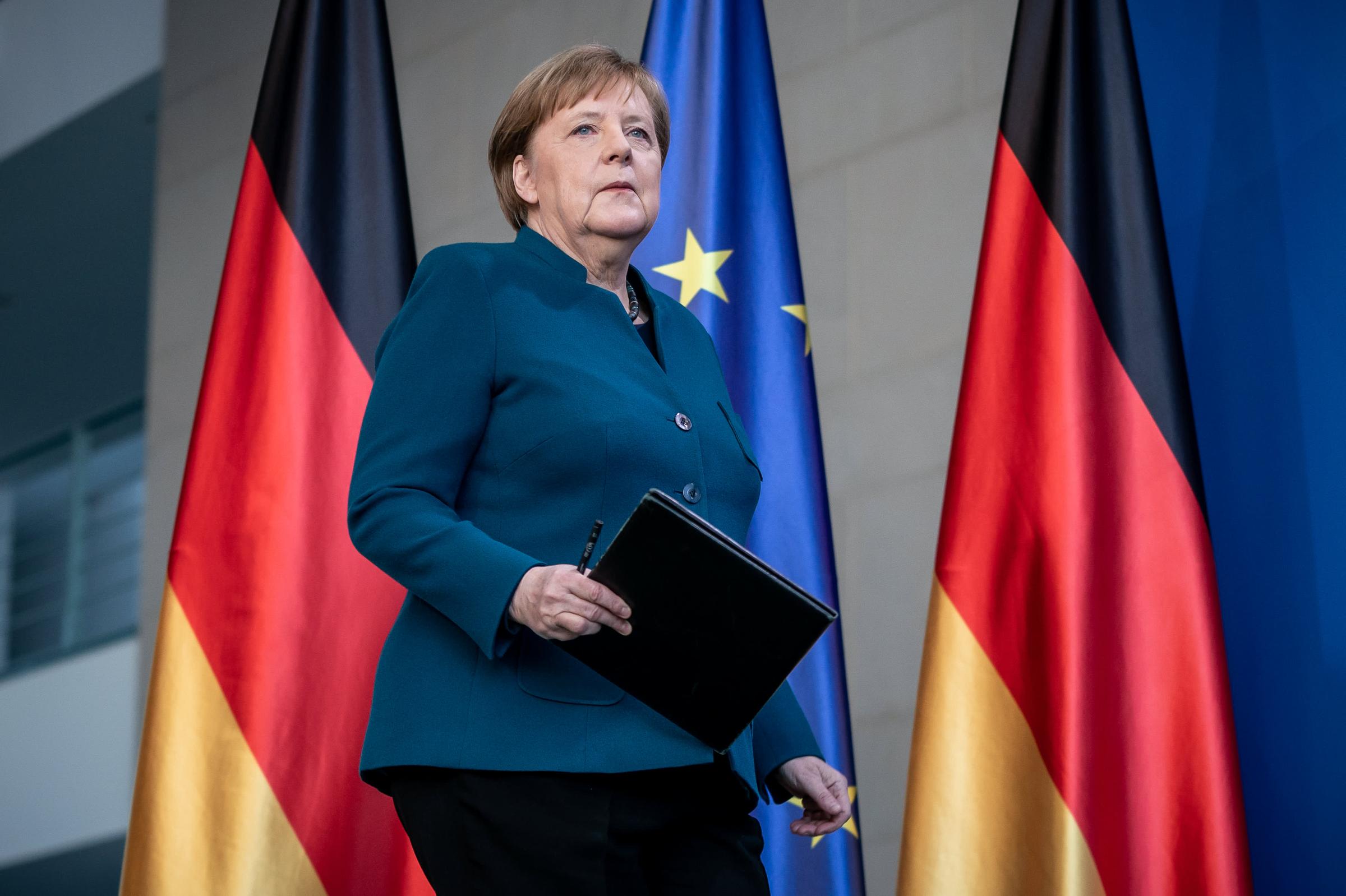HUMANITIES

ANGELA MERKEL
Angela Merkel will be remembered as a capable politician who believed passionately in the European experiment. In her 16 years at the head of the German state, she fought against nationalist tendencies which threatened the EU. In this, she was not denying her Germanness but giving precedence to her humanity. Now she is leaving the world stage, Merkel is warning of a resurgence of the old impulses which inevitably propelled Europe into two devastating wars. Nationalism, power rivalry and demagoguery.
In an interview she had this to say:
‘After the great joy of the end of the Cold War and the reunification of Europe, we have to take care now not to enter a historical phase in which important lessons from history fade away.
We have to remind ourselves that the multilateral world order was created as a lesson from the Second World War. There will be even fewer people left who have lived through that period.
In history there is a recurring pattern where people begin to deal recklessly with (political) structures when the generations that created those structures are no longer alive.’
When I ask students what is the worth of studying history, they often tell me it is to avoid the mistakes of the past. The very thing Merkel is talking about. And where does Merkel get her ideas? Apparently, she is a keen amateur historian who reads important works such as Christopher Clark’s The Sleepwalkers, his account of the origins of the First World War.
If only we all read more history rather than devouring social media and lobotomising reality TV. Martin Amis had a term for this sorry turn in the culture: The Moronic Inferno. When an influencer has more cred than a historian, you know we are in trouble.
Simon Hughes
Head of Humanities
